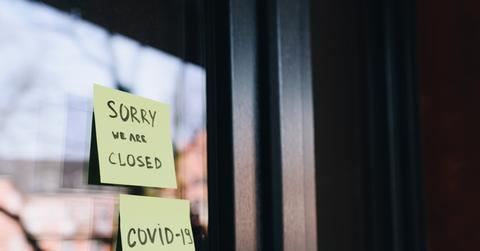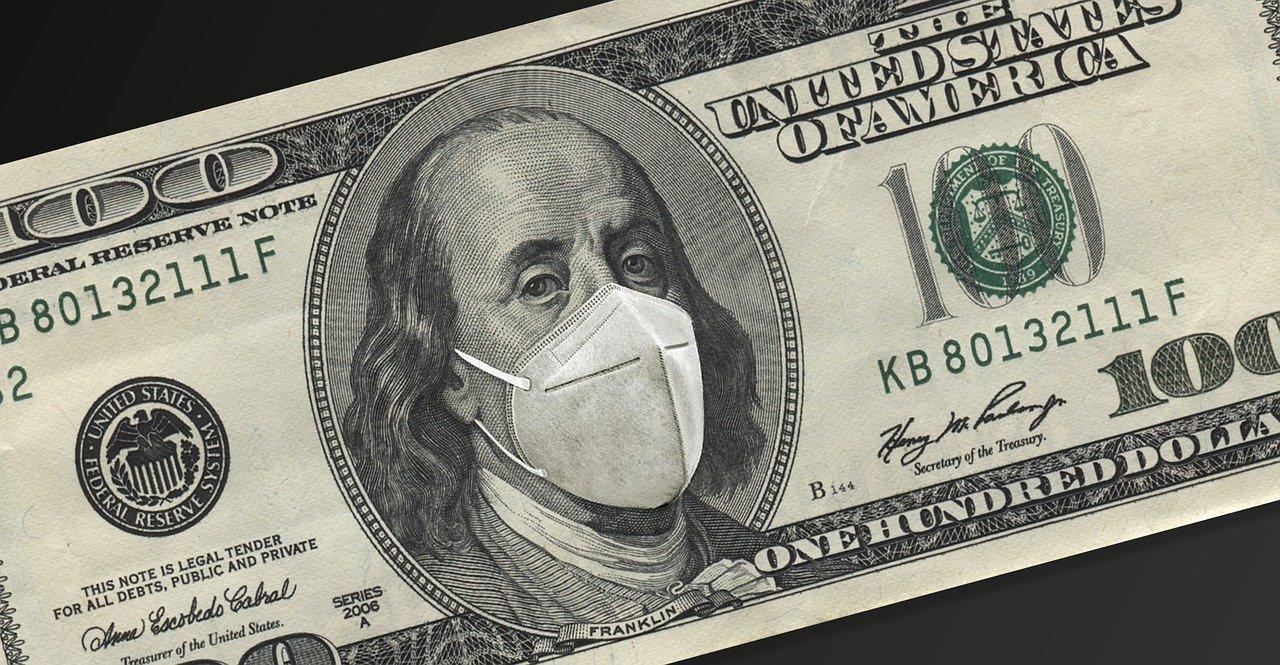Can You Get Unemployment Assistance If You Have COVID?
The government is providing assistance during the COVID-19 pandemic. Can you get unemployment assistance if you have COVID-19?
Dec. 15 2021, Published 12:25 p.m. ET

COVID-19 unemployment benefits can help employees, gig workers, and self-employed people whose jobs have been affected by the pandemic. UI (unemployment insurance) provides unemployment benefits to workers who lost their jobs through no fault of their own. The UI is a joint program between individual state governments and the federal government. Unemployment benefits help bridge the economic gap for workers and stabilize local economies. Can you get unemployment assistance if you have COVID?
In March 2020, the CARES (Coronavirus Aid, Relief, and Economic Security) Act was signed into law, which expanded states’ ability to provide unemployment insurance for workers impacted by the COVID-19 pandemic. It also provided benefits to workers who aren't usually eligible for unemployment benefits.
The benefits were extended after the passing of the Consolidated Appropriations Act of 2021 and were extended again when President Joe Biden signed the $1.9 trillion American Rescue Plan in 2021.
Federal unemployment programs ended but states continue to provide assistance.
However, federal unemployment benefit programs under the CARES Act ended on Sept. 4. You might still qualify for unemployment benefits from your state. Most states still provide unemployment assistance. Different states choose to implement CARES differently. So, there might be variations in the type of claims and benefits you can receive, depending on the state where you worked.

Do you get unemployment if you have COVID-19?
During the COVID-19 pandemic, there are several reasons why you would qualify for unemployment, outside of regular unemployment criteria. These include:
- If you leave your job because you or a member of your family has contracted COVID-19
- If you have to provide childcare because your child's school is closed due to COVID-19
- If you have resigned for a reason like unsafe work conditions or because you're denied accommodations to work from home
Do I qualify for unemployment benefits from my state?
The Department of Labor has oversight responsibility for the unemployment insurance programs operated in the 50 states, the District of Columbia, Puerto Rico, and the Virgin Islands. These states and jurisdictions provide unemployment benefits to eligible workers who become unemployed through no fault of their own and meet certain other eligibility requirements.
The benefits and eligibility requirements vary by state. However, the most basic eligibility criteria include:
- You must be unemployed through no fault of your own
- You must have worked in that state during the past 12 months (this period might be longer in some cases)
- You must have earned a minimum amount of wages as determined by each state’s guidelines
- You have to be actively seeking work each week you're collecting benefits
States might have specific requirements determined by state law.
Workers who meet specific eligibility requirements might receive up to 26 weeks of benefits a year.
How do I file for an unemployment claim?
You should file a claim with the state where you worked. If you worked in a different state than the one where you currently live or if you worked in multiple states, the state unemployment insurance agency where you now live can provide information about how to file your claim with other states.
When filing a claim, you will need to provide information like addresses and the dates of your previous employment.
